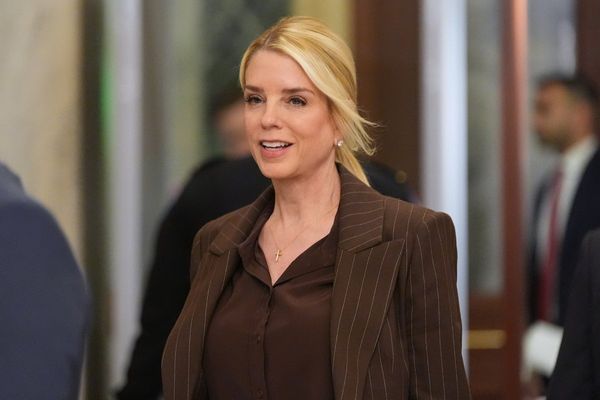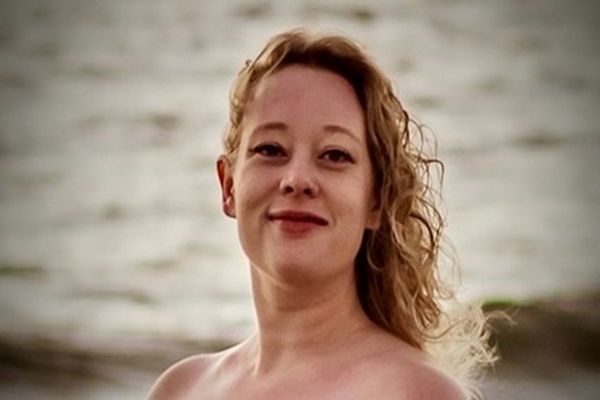
The speed with which Sudan unravelled was the first indication that it had all been building up for a long time. The country’s collapse is the result of a series of failures, complicities and complacencies that have been rumbling away in the background for so long that those living with them assumed they would continue on for ever. That was until a paramilitary group, the Rapid Support Forces (RSF), and the country’s army went to war over who runs the country – and trapped the Sudanese people between them.
The country’s capital, Khartoum, has become a war zone, with surreal scenes of tanks, missile strikes and plumes of smoke rising throughout the city. The conflict erupted exactly four years after a colossal revolution succeeded, against all odds, in removing President Omar al-Bashir after almost 30 years of dictatorship, economic pillage and genocide – and in doing so, created a power vacuum over which the two forces are fighting.
Sudan’s tragedy is that of a country that dared to ask for more and is now being punished for it. It joins a grim procession of Arab states that, over the past 10 years, overthrew dictators only to see hopes for democracy dashed. If a post-revolution nation was lucky, as happened in Egypt under Abdel Fatah al-Sisi, the old regime simply re-established power, except this time becoming even more brutal and paranoid. In the worst-case scenarios that played out in Libya, Yemen and Syria, the state descended into civil war, creating an exodus of refugees making the perilous journey to Europe.

But Sudan’s is also the tragedy of a country where a reckoning has been long overdue. Last week’s events started 20 years ago, in the marginalised western region of Darfur. A rebellion against the government was brutally suppressed by a group of fighters and raiders called the Janjaweed. Bashir, a military man who came to power through an Islamist-backed military coup in 1989, was unwilling to send his precious army into the fray, and instead stoked tribal and ethnic differences and supported the Janjaweed to act as his proxy. Hundreds of thousands died, women were systematically raped and millions were displaced.
The genocide drew international scrutiny and sanctions – and the international criminal court indicted Bashir. But nothing within Sudan changed. The Janjaweed formalised into the RSF and became more powerful under the warlord Mohamed Hamdan Dagalo (known as Hemedti), whose ambitions grew as Bashir gave him free rein to accumulate influence and assets, as long as he protected him. Hemedti did not keep his side of the bargain and piggybacked on the demands for democracy in 2019 – and along with the army, pushed Bashir aside.
There are other protagonists, too, who have locked in Sudan’s fate. The international community applied clumsy sanctions that did little but weaken the Sudanese people’s capacity to resist their despotic government; a cynical cohort of undemocratic governments and monarchies in north Africa and the Middle East backed both the army and militia after the 2019 revolution, in order to extinguish the prospect of a democracy flourishing in their back yard; and lately, Russia has partnered with the Sudanese militia to extract gold and forge security interests.

It’s painful to confront, but it’s not all the responsibility of local leaders and international players. At home and among those who are now caught in the crossfire, there was co-option and a shortsighted belief that what happened outside Khartoum didn’t matter. Bashir’s regime created a large class that thrived under his government and his patronage encouraged them to wilfully ignore events. The war that now tears Khartoum apart is just a taster of what several regions across the country reaped for years, as the capital enjoyed peace and times of prosperity. This disconnect fostered bitter resentments, fractured national identity and maintained a vast lawless hinterland in which mercenaries and warlords thrived.
And so the brief period of hope that Sudan experienced in the wake of the 2019 revolution was soon thwarted by reality. Slogans calling for democracy, even if they were momentarily chanted across the land, were soon drowned out by demands from the different factions, rebel groups, civilian parties and embedded elite interests who all had a different idea of the Sudan that should emerge after the revolution.
This might sound all too much like an obituary for the country of my birth. But it is an attempt, perhaps a naive one, to plot some sort of future for Sudan by situating this conflict in a wider context of global irresponsibility and local dereliction. I dare to think of that postwar future because something new did emerge in the 2019 revolution: a determination that the Sudanese people would no longer accept military rule, no matter how large a class of beneficiaries it creates. That resolve was paid for with the lives of hundreds who have died at the hands of security forces in the last four years, demanding the ejection of the army and all militias from power.
To that tally, hundreds more are now being added as the Sudanese ushered in Eid by sheltering from the bombs and bullets of two parties that never had the people’s interests at heart. It is a dark moment, no doubt. But perhaps there can be some hope, if it means that once and for all the Sudanese people understand that peace for some will never endure, unless there is peace for all.
Nesrine Malik is a Guardian columnist
Do you have an opinion on the issues raised in this article? If you would like to submit a response of up to 300 words by email to be considered for publication in our letters section, please click here.







